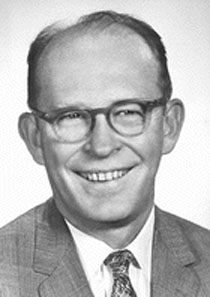A Quote by Steve Hilton
It's the smartphone that has turned adults and children alike into tech-addicted zombies, dumbly swiping and jabbing at their screens, oblivious to the world around them.
Related Quotes
Children are often envied for their supposed imaginations, but the truth is that adults imagine things far more than children do. Most adults wander the world deliberately blind, living only inside their heads, in their fantasies, in their memories and worries, oblivious to the present, only aware of the past or future.
The new concept of the child as equal and the new integration of children into adult life has helped bring about a gradual but certain erosion of these boundaries that once separated the world of children from the word of adults, boundaries that allowed adults to treat children differently than they treated other adults because they understood that children are different.
She felt a board indifference toward the immediate world around her toward other children and adults alike. She took it as a regrettable accident to be borne patiently for a while, that she happened to be imprisoned among people who were dull. She had caught a glimpse of another world and she knew it existed somewhere, the world that had created trains, bridges, telegraph wires and signal lights winking in the night. She had to wait she thought, and grow up to that world. - Dagny Taggart
Although adults have a role to play in teaching social skills to children, it is often best that they play it unobtrusively. In particular, adults must guard against embarrassing unskilled children by correcting them too publicly and against labeling children as shy in ways that may lead the children to see themselves in just that way.



































